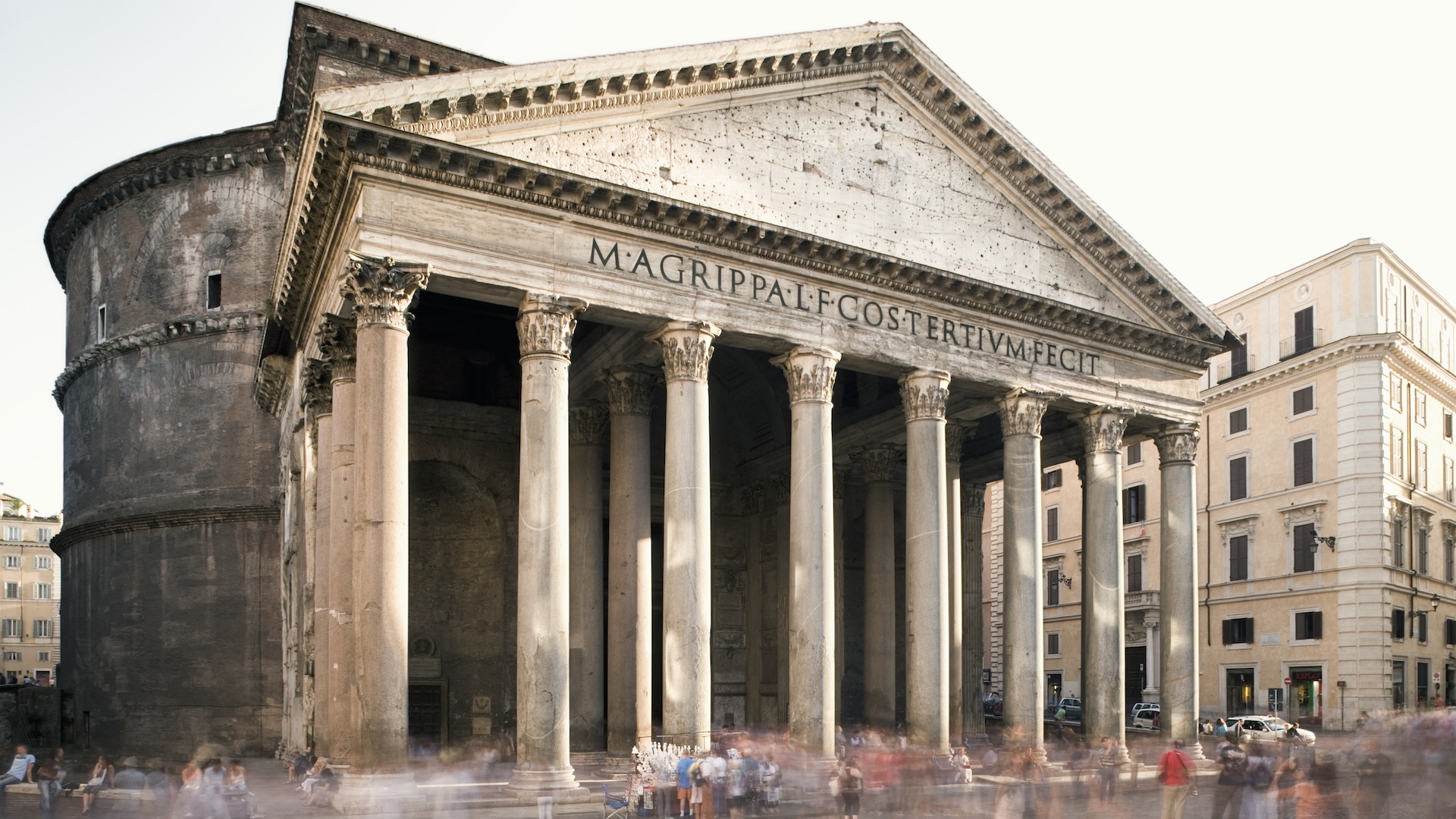When you purchase through tie-in on our site , we may take in an affiliate mission . Here ’s how it works .
A metal detectorist discovered two 1,800 - year - older Roman horse cavalry swords still protected in remnants of their wooden scabbard , or sheaths in the North Cotswolds , England .
Glenn Manning found the artifacts in March while participating in a metallic element detectorist mass meeting , according toBBC News .

Roman cavalry officers likely used the two swords about 1,800 years ago.
archaeologist determined that due to their long , flat - edge blade that they were spatha swords , a character of arm that was commonly issue to cavalry military officer riding on hogback during theRoman Empirebetween the first century and third century A.D. , harmonize to astatement .
Based on the manner of the newfound brand , they date to the late second hundred A.D. and were in all likelihood used by either martyrdom or civilian , Simon James , an archaeology professor at the University of Leicester , said in the financial statement .
Related:‘It ’s a pipe dream ' : 4 Roman swords likely steal as war booty 1,900 age ago discover in Israeli cave

" These two swords are testimony of the mien of the Roman military in the northerly Cotswold District,“Emma Stuart , the director of the Corinium Museum , say in aYouTube videodescribing the discovery . " It ’s an implausibly important find . "
The swords are a rarity , being two of only four papistical swords found in this part , according to the financial statement .
" In terms of parallels , I ca n’t believe of finds of more than one brand being deposited in any similar circumstance from Roman Britain , " James , who analyzed the items , said . " The closest that springs to mind was a pair of similar swords found in Canterbury — with their owner , confront down in a fossa within the city walls , clearly a secret interment , almost certainly a double execution . "

Manning also establish a broken cop - admixture bowl near the arm .
— Elite Roman military man buried with sword may have been ' trammel ' to death
— reformer sword found in Holy Land was bent , maybe in naval conflict , XTC - re reveal

— Ancient Roman walls discovered in Swiss Alps are an ' archaeological sensation '
However , much remains unknown about the blade .
" The doubtfulness is and the mystery story is , why were those blade bury in the north of the Cotswolds ? What were they doing there ? " Stuart said in the YouTube video . To enquire , archeologist may revisit the site to carry out further excavations afterwards this year , she tell .

A different grouping of archaeologists found a1,300 - year - former spatha blade buried with a Frankish warriorearlier this summer in Germany . Spatha swords gave horse - mount troops a blade that was longer than the papistic gladius , which was often used by Roman foot soldier .
The newfound steel will presently undergo ex - beam of light analysis . The Corinium Museum plan to put the blade on display next year , fit in to BBC News .














